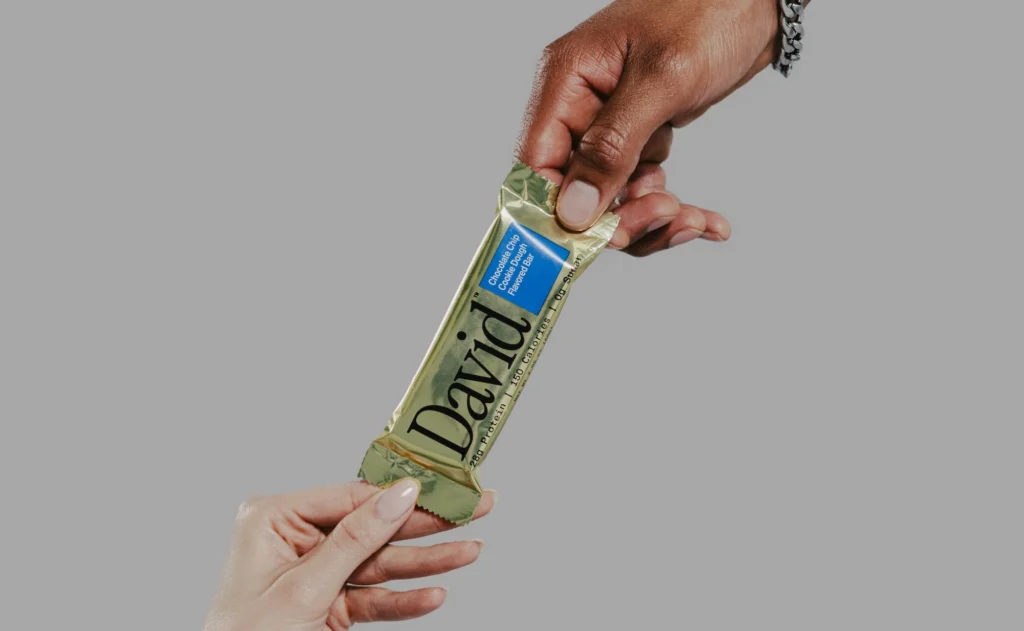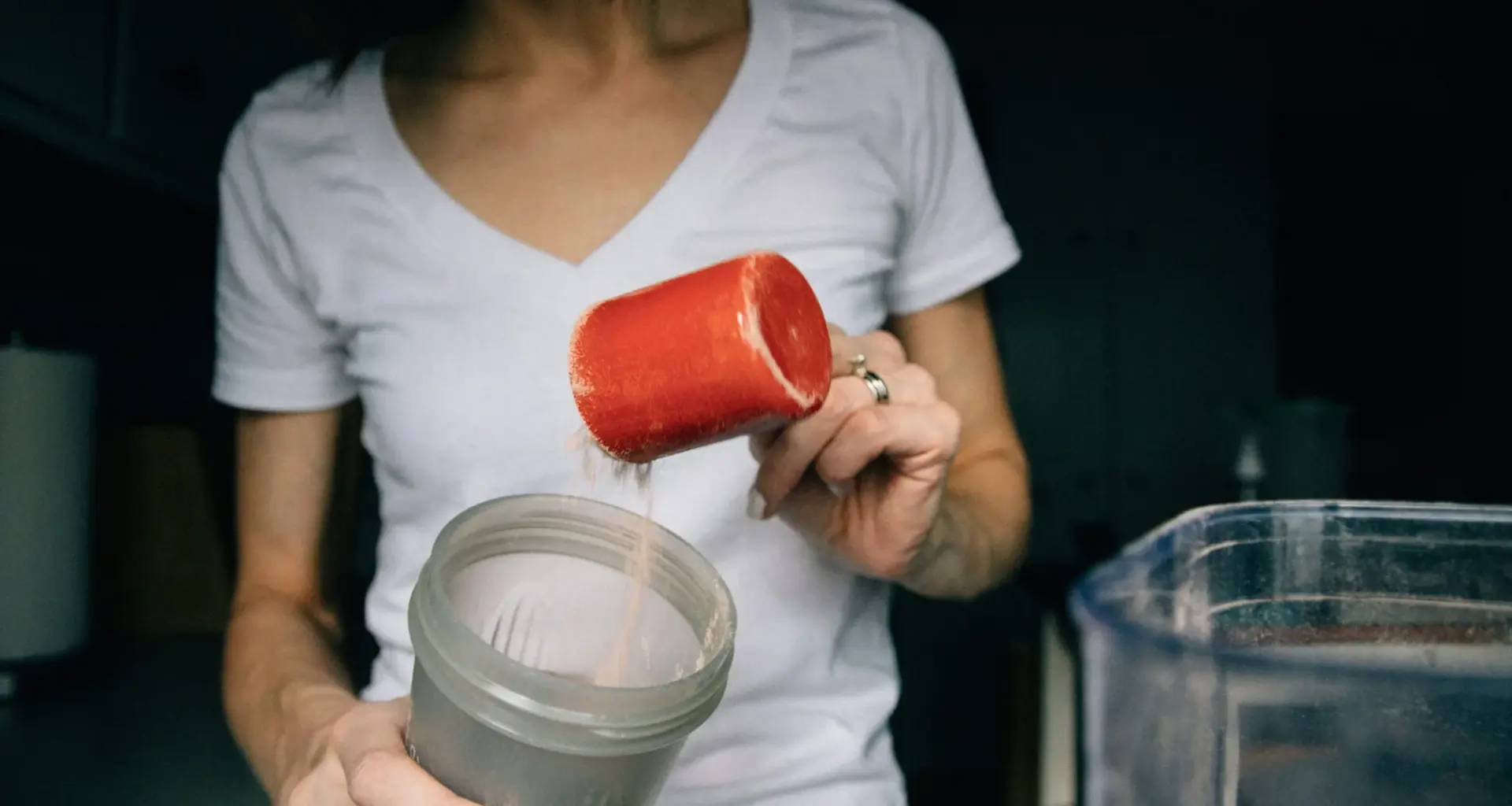For the first time, women outnumber men in seeking higher protein intake, a scientific and cultural shift that bodes well for the long-term health of the fast-growing protein category
Move over, gym bros. Women are officially the biggest force behind the global protein boom.
For the first time, women outnumber men in seeking higher protein intake, making up 51% of consumers adding more protein to their diets, data analytics firm Euromonitor International revealed at a recent conference.
It’s no coincidence, considering more women are strength training and protein tends to be part of the routine.
“As consumers increasingly recognize the importance of protein in maintaining overall health, the supplement industry is witnessing a significant shift towards prevention and wellness, driven by growing demand from diverse consumer groups,” Matthew Oster, head of health, beauty and hygiene insights at Euromonitor International, said.
Euromonitor’s data shows markets from India to the U.S. are fueling the shift, each for different reasons.
India has seen a 14% year-on-year increase in protein supplement demand, driven by high rates of deficiency in a population where many follow vegetarian or vegan diets. In the U.S., consumers have turned to supplementation as soaring food inflation makes meeting protein needs more expensive.
Meanwhile, in South Korea, protein’s athletic appeal still resonates. A booming gym culture has helped ready-to-drink protein products thrive, expanding consumption beyond athletes to everyday health seekers, according to Euromonitor.
Food Brands, Investors Ride the Protein Wave
Protein is also expanding into categories beyond shakes and powders, though beverages are leading the way, with launches such as Nestlé’s high-protein Milo Pro and Don’t Quit, a protein soda backed by Keurig Dr Pepper that secured $15 million this spring. Even coffee has been buzzing with protein, as Bulletproof launched an instant ice coffee blend packed with 12 grams of whey protein and twice the caffeine of a typical 8-ounce cup.
Celebrity founders are jumping in, too. This month, Alex Cooper, host of the popular “Call Her Daddy” podcast, expanded her Unwell Hydration brand with a Target-exclusive protein line, joining Khloe Kardashian’s Khloud brand. Beyond grocery shelves, quick-service restaurant players such as Subway, Starbucks and Smoothie King have been bulking up their menus with high-protein offerings.
Nick Stene, senior global insight manager for consumer health at Euromonitor International, predicts that the trend is here to stay, especially considering the number of brands targeting specific demographics with protein-enriched products to support menstrual health or nutrition for GLP-1 users.
See Also
“We will continue to see growth in the protein product industry as opportunities emerge for product innovation that meets consumer health concerns and evolving demand,” he said.
Of course, investors are pouring into protein as well. Boston-based Slate Milk raised $23 million this month in a Series B to expand its ready-to-drink lineup, which now includes Ultra Protein beverages with 42 grams of protein per can and high-protein cookies. The deal follows that of David, the shiny gold-packaged protein bar brand, which recently landed $75 million to scale retail distribution.
 credit: David
credit: David
And it’s not just drinks and bars. Crunchbase data shows investors are backing everything from animal-free egg whites to chickpea protein and Kardashian-approved popcorn. In total, 28 recently funded protein startups have pulled in more than $2 billion, demonstrating the power of protein.
For fitness operators, the data signals an expanding audience for protein products. In practice, that could mean partnering with brands to stock a grab-and-go cooler, giving clients convenient access to protein shakes, coffees, functional drinks or grab-and-go snacks.


